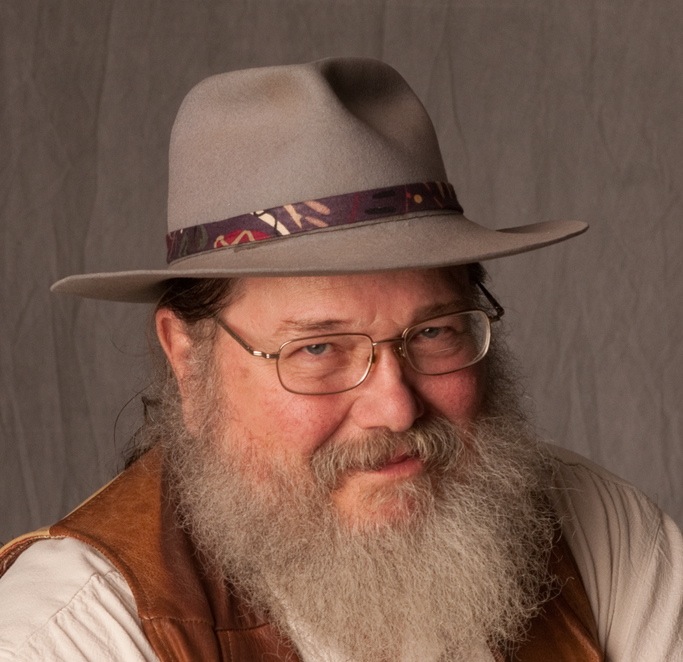Route 66 has a million stories to tell, some funny some poignant. My first real road trip was hitchhiking from Baltimore to L.A. in 1969. Most of those miles I logged on Route 66, the Mother Road. It was an education of the first order. I just walked out to the highway with an army surplus pack on my back and stuck my thumb in the air. For years after, in the moments between wakefulness and sleep, my mind would retrace the path I took that summer—all the people who gave me rides and shelter and fed me and told me their stories.
Before I even got out of Baltimore a grizzled old guitarist asked me where I was going and when I told him California he asked how much money I had. I said five dollars. He shook his head and gave me a 20. This was to be the pattern of my interaction with strangers for the next several weeks. Random acts of generosity and consideration. Often those who gave me rides would scribble addresses and phone numbers of people who would likely let me “crash” at their homes. Coast to coast I traveled and I spent only one night in a motel and that as a guest of Alex Harvey, the songwriter of hit tunes like “Delta Dawn,” who saw me at the roadside with my guitar and recognized a fellow minstrel.
In Arkansas a long-haul trucker showed me the six-inch zippered scar in his side where a hitchhiker had knifed him and robbed him 10 years before.
“I can’t eat anything acidic,” he said. “Do you know what the most acidic vegetable is? It’s carrots.” I wondered why he still picked up hitchhikers.
A young Navajo soldier on leave picked me up in New Mexico near Grants, N.M., and took me to his family hogan to meet his silent mother who served us savory bowls of mutton stew. At sunset he dropped me at a 24-hour gas station. The traffic died with the light. The attendant watched me nodding off and told me I could roll out my sleeping bag in the grease pit of the garage and he would wake me if there was a ride headed west. It seemed like no time had elapsed when the attendant woke me to say a driver was headed west and wanted company. I went outside to find the car idling. I had hardly closed the door and we were off. The driver had wild bloodshot eyes and he gulped his cup of coffee. He said he had left New York the previous day and he had to be in L.A. for a new job on Monday. He wanted me to talk and keep him awake.
We hurtled along Old 66, chasing the yellow cones of light through juniper and piñon scrub, up and down the warm breasts of red clay hills, always beneath the sparkling desert stars. I talked. The first time he drifted onto the shoulder of the road and gravel shattered against the underside of the car I snapped upright. He assured me he was OK. The next time I suggested we stop for a little break. He just shook his head and we blew through Holbrook. I watched the side of his face and his blinking increased in frequency. I suggested he just wash his face in cold water.
We sped past the lights of Winslow. The rearview mirrors featured the first pearly lights of dawn as huge shaggy pines began to emerge from the shadows of the roadside. I saw the driver’s forehead tilt forward and rest on the steering wheel. I grabbed the wheel and shouted. I told him to pull over and let me out.
The car showered me with gravel and I watched the tail lights disappear into the night. Silence and the smell of pine trees wrapped around me. Somewhere a train whistled. Just as the rising sun touched the top of the San Francisco Peaks with gold a trucker picked me up and we rolled into the big ponderosa forest, through the little mountain town of Flagstaff and down into the California deserts.
I slept most of the way to L.A. where I caught a ride to Venice with an off duty cop who shared a joint with me before dropping me on the beach at the edge of the blue Pacific.
Please join me at the Coconino Center for the Arts Fri, Oct. 11 at 7 p.m. for “Hard Times on the Mother Road: A Tribute to The Grapes of Wrath in Word and Music” featuring Tony Norris and Sid Hausman and the Dirty Thirties under the direction of Kathleen McGeever.
